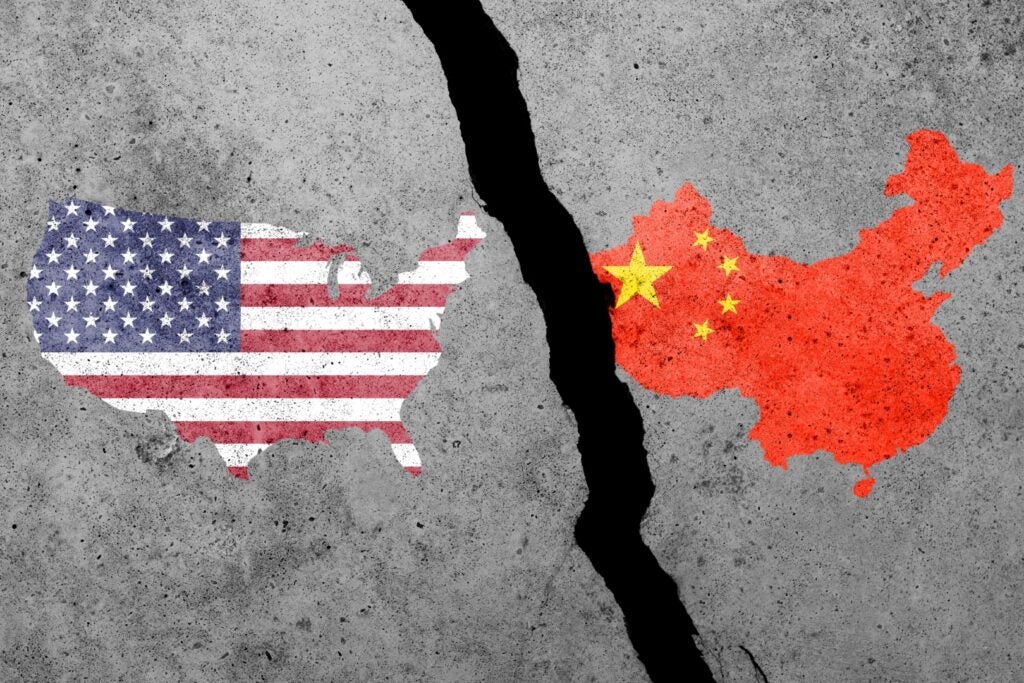Trump’s Trade War Causes Sharp Decline In US Imports From China

President Donald Trump‘s trade war with China has led to a notable decrease in U.S. imports from the Asian nation. Early shipping data reveals a significant drop, as companies scrambled to stockpile goods before tariffs increased to 145%.
What Happened: According to Fortune, the weeks following the April 9 “Liberation Day” saw ocean-shipped orders from China fall sharply. Import volumes decreased by over 10% in the week of April 7 and nearly 30% in the week of April 14.
Although the Trump administration is considering reducing some tariffs, a proposed port fee could levy up to $1.5 million per visit for Chinese vessels at U.S. ports.
The Port of Long Beach, California, reported fewer ship arrivals, supporting Project44’s data. Gene Seroka, executive director of the Port of LA, anticipated a 35% drop in arrivals within two weeks.
See Also: Trump Fails To Impress America’s Young, Shows Poll As They Still Favor Biden — Only 15% Think US On Right Track
Logistics experts caution that ongoing disruptions may lead to supply chain issues and increased consumer costs.
Dean Croke from DAT highlighted inventory management challenges amid tariff uncertainties, while Peter Sand from Xeneta emphasized the strain on global supply chains.
Why It Matters: The trade war’s impact on imports is part of a broader economic strategy by President Trump.
On April 23, Trump announced a substantial reduction in tariffs on Chinese goods, though not eliminating them entirely. He emphasized that the final tariff rate would be significantly lower than the current 145%, but not zero.
This stance was reiterated on April 25, when Trump, aboard Air Force One, stated that tariffs would remain unless China made substantial concessions. He stressed the importance of “opening China” for American businesses, causing market fluctuations.
Meanwhile, Flexport CEO Ryan Petersen predicted that the U.S. might eventually “blink” in the trade standoff, as the market finds ways around tariffs. He noted differing perceptions of the conflict between the two countries, with Americans viewing it as a domestic issue and the Chinese seeing it as a foreign imposition.
Read Next:
Disclaimer: This content was partially produced with the help of AI tools and was reviewed and published by Benzinga editors.
Photo courtesy: Shutterstock
Market News and Data brought to you by Benzinga APIs
© 2025 Benzinga.com. Benzinga does not provide investment advice. All rights reserved.



